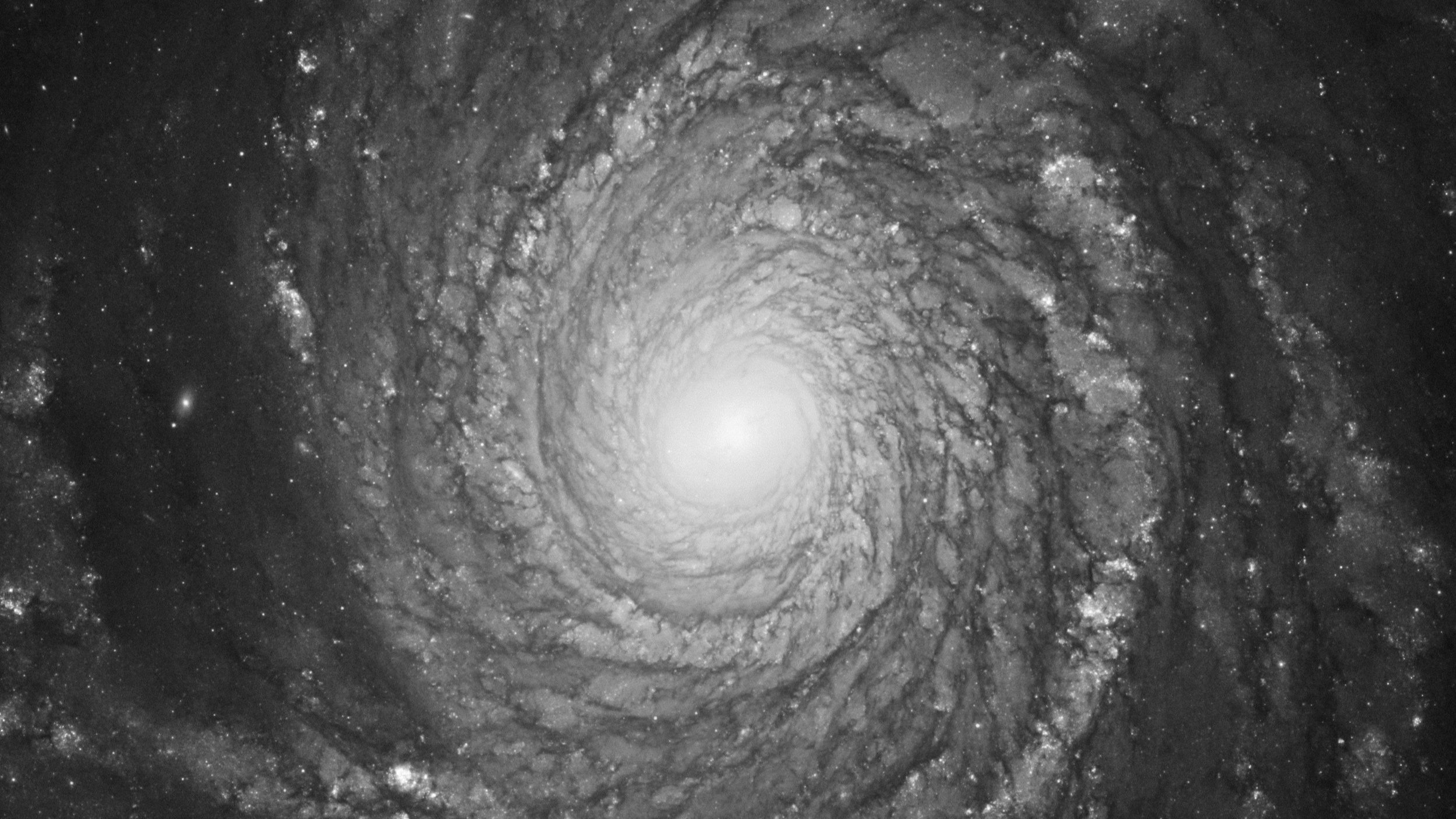You, Me, And The Vacuum
I have a question, and I’m asking in earnest, without cheek, snark, or hidden agenda: What do you like?
Like many questions, it doesn’t travel alone:
What do you want?
What do you value?
What’s important?
What do you accept?
I’m asking because at the moment, we’re so much more adept at expressing what we hate, what we reject, what we think is useless or pointless. While I understand the desire for change, and I appreciate the satisfaction of tossing things away, purging things that no longer serve us, I’m a little stymied by the lack of a counterpoint to all this. We’re ready to spit fire when something displeases or offends us, but we’re not great at articulating what we’d prefer, what might work. In many cases, it seems we can’t (or won’t) even talk about why we hate it in the first place, let alone what we’d like to see instead.
We are, for example, very comfortable expressing our hate for public figures. We want this or that politician ousted, or this or that celebrity sent into exile. We’re more than willing to tear apart public institutions, ways of being, ideas, common practices. We blacklist literature, art, music, and media. Maybe this is all fair game. Sometimes certain people, things, and practices just don’t work anymore. They need to be taken out, scrubbed, reevaluated. I have absolutely nothing against thinking critically about even the most integral parts of our lives. Yes, please flip over rocks, pull back curtains, and shine bright lights in dark corners.
But then what?
I wonder what’s behind all this unmitigated, unbalanced hate. Admittedly, there are many, many forums for it, and many, many in the audience who delight in consuming it. We can storm the castle, pitchforks sharpened and torches blazing, and although no one need see our face or know anything about us, there will be others egging us on. Anonymity allows for all of this. It encourages it.
But I think it goes much deeper than just our love affair with social media platforms. Aristotle (and probably others) once claimed that nature abhors a vacuum. Empty space doesn’t sit well with the cosmic forces that govern us, right down to our atoms. I think we’re like this too. We gleefully reject, cancel, give the boot, and then we panic a little when we realize that although we’ve successfully cleared things away, we can’t handle the empty spot that remains. The vacuum is all about uncertainty, discomfort, and instability. It’s about change and upheaval. We see the space we’ve created and we:
freak out, abhor the vacuum, and proceed to put everything right back in again, just the way it was. We never should have stirred things up in the first place.
freak out, abhor the vacuum, and hastily pull together other stuff to replace what we’ve excavated, even if it’s equally garbage-y as what was there before. Whatever happens to be nearby will do.
The vacuum gives us haters’ remorse.
What if, after we took the time and energy to declare our rage and disdain, after we took out the proverbial trash, we took a beat and sat with the vacuum for a minute? What if, instead of frantically trying to stuff it like a Thanksgiving turkey with a whole lot of whatever, we thought about what we wanted to go in there? What if, instead of freaking out, we showed a little patience, foresight, and imagination, an appreciation of the possibilities an empty space presents? What if we were willing to do the work, to save ourselves from having to madly rip things out again later?
We could stop ourselves from ousting people, things, or ideas on a whim. We could stop haphazardly bashing people, ideas, projects, anything, without giving a reason. We might attempt to wrap every indignation in a well-thought-out “why”.
We could stop supporting others who hate with haste. We could avoid living vicariously through them and admiring them. We could stop seeing them as stronger, wiser, bolder, more clever or rebellious, and start recognizing that they’re actually loud, lazy, and sloppy, and lousy with hidden agendas.
If we must hate/rage/reject, we could pair it with alternatives and solutions, choices we can explain rationally and that will benefit us…all of us. We could stop trying to fill the vacuum with things that don’t matter. We could also try to be grown-ups about it and recognize that we’re not going to be able to fill the vacuum exactly the way we want, not right away, maybe not ever.
We’ve lost a lot over the past few years- public health, human rights, chunks of our ecosystem, economic stability, and chunks of our education system. If we had any faith in our leaders before, that might be gone, along with trust and belief in the kindness of others. It’s an awful lot of vacuum and you can’t blame us for abhorring it. I feel it too.
In case the vacuum feels too close, too oppressive, and in case it’s been a while since you’ve allowed yourself to ask them, here are my original set of questions to ponder:
What do you like?
What do you want?
What do you value?
What is important?
What do you accept?
I very badly want to know.
